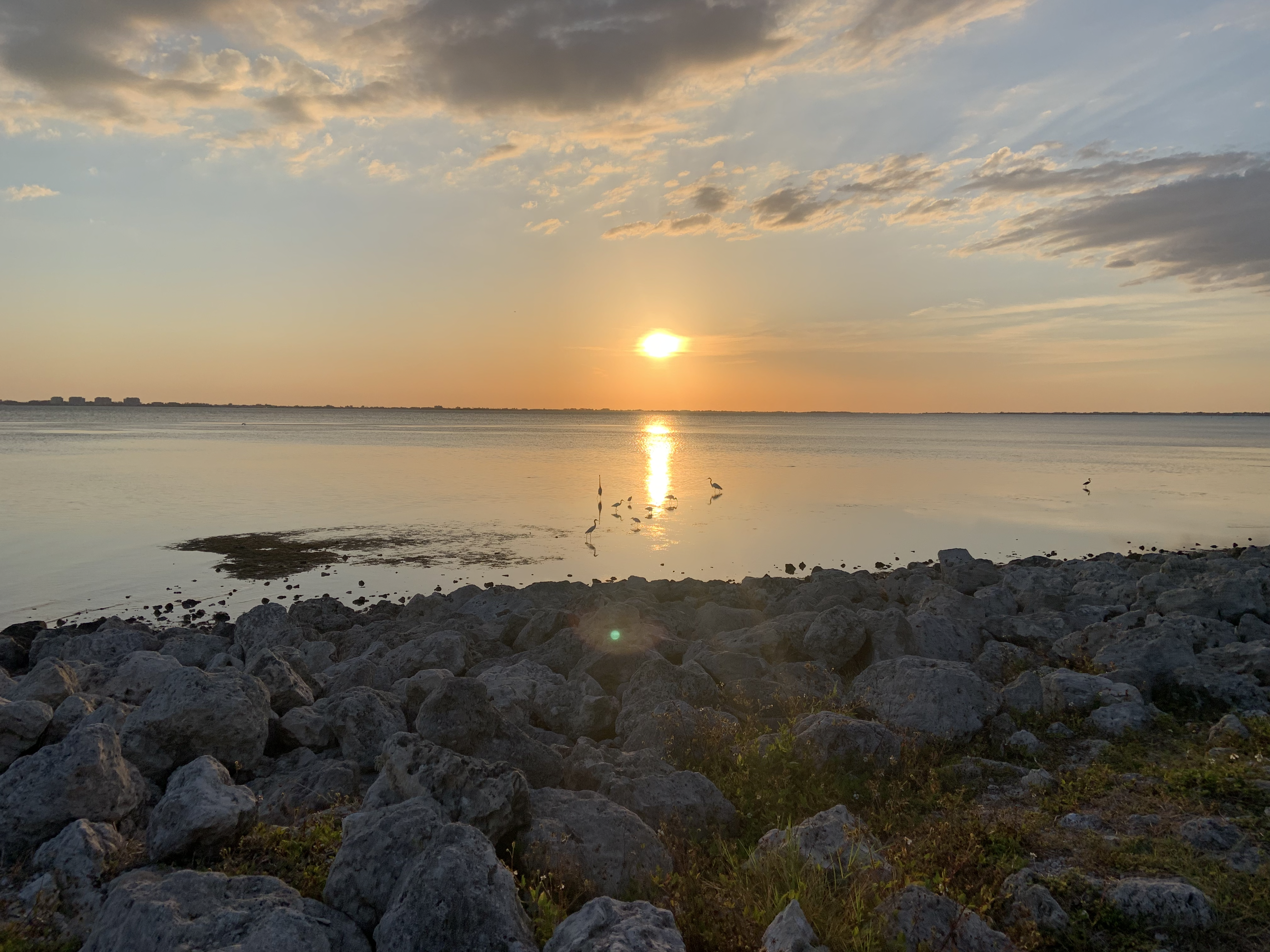On Jan. 31, New College’s Board of Trustees (BOT) held its first meeting since Gov. Ron DeSantis and the Florida Board of Governors (BOG) appointed seven new members to its governing body. In that meeting, monumental change was rapidly brought upon the school, namely the termination of former President Patricia Okker’s employment contract. Following the vote to fire Okker, Trustee Matthew Spalding was the first to recommend former Education Commissioner of Florida Richard Corcoran to be the Interim President. Spalding mentioned that he had already previously spoken to Corcoran regarding the job, and that he had accepted the position under the condition that he would start in March. Trustee and New College Student Alliance (NCSA) President Grace Keenan expressed concern on the matter, commenting on the fact that no information had been officially presented to the BOT on Corcoran or his qualifications for the role.
“Many of us know and trust Secretary Corcoran from prior experience, I certainly do,” trustee Christopher Rufo responded. “I think he’s an authoritative leader, very dynamic, he’s going to make things happen.”
Later in the meeting, following a vote confirming Chief of Staff Bradley Thiessen as immediate Interim President and discussion surrounding a new interim General Counsel, Keenan stated, “Considering that we’re a public meeting, subject to Sunshine Laws, [be] cautious of when we are suggesting people for positions and calling them friends as for why we’re justifying that. There’s a lot of ethical implications with that.”
Keenan bringing up the Sunshine Law is incredibly significant when moving forward with the newly appointed members of the BOT, especially when looking at the fact that news outlets were reporting on Okker’s termination and Corcoran’s appointment hours before the board actually voted on these motions at the meeting. Additionally, at a digital special BOT meeting on Feb. 13, community members in the public comment portion accused the board of breaking Sunshine Law. With this in mind, fully understanding the ins and outs of Sunshine Law is crucial, seeing that several of the newly appointed Trustees are coming from out-of-state and may be unfamiliar with this piece of Floridian legislature.
Florida’s Government-in-the-Sunshine Law was enacted in 1967. The Florida Attorney General website states that the law “is meant to provide a right of access to governmental proceedings at both the state and local levels. It applies to any gathering of two or more members of the same board to discuss some matter which will foreseeably come before that board for action.”
The primary purpose of the law is to provide constituents access to a governing body’s proceedings as part of maintaining an open, transparent government. The Sunshine Law protects the constitutionally guaranteed right of access to these proceedings, as well as promoting ethical standards and preventing fraud and corruption.
“The Sunshine Law requires that meetings of boards or commissions must be open to the public; reasonable notice of such meetings must be given, and minutes of the meetings must be taken,” the Attorney General’s website reads.
Meetings can be defined as “all discussions or deliberations as well as the formal action taken by a board or commission.” This being said, the law is applicable to any formal or casual gathering between two or more members of the same board when they are discussing issues that might be taken before their respective board.
It is also worth noting that “the law applies to any board or commission of any state agency or authority or of any agency or authority of any county, municipal corporation or political subdivision.” New College, being a public institution governed by the state of Florida, would thus fall under the jurisdiction of the Sunshine Law. The effects of the Sunshine Law can be seen on campus, such as the BOT meetings being open to the public in-person and virtually, as well as the call for public comment to start the meetings. Access to public record, including the minutes taken at BOT meeting, is available upon request under the jurisdiction of the Sunshine Law.
Violating the Sunshine Law can bring criminal penalties, depending on whether or not the accused official knowingly broke the law. An unintentional violation is not considered a criminal infraction and is punishable with a fine up to $500. An intentional violation is considered a 1st degree misdemeanor with possible consequences including a fine up to $1,000 and up to a year of jail time. Following these infractions, an individual can be considered for removal from their position on their respective commission or board.
The Government-in-the-Sunshine Law is serious and fundamental in sustaining gubernatorial transparency. Without this transparency, democracy is weakened and officials—both elected and appointed—are not held accountable for their actions.

